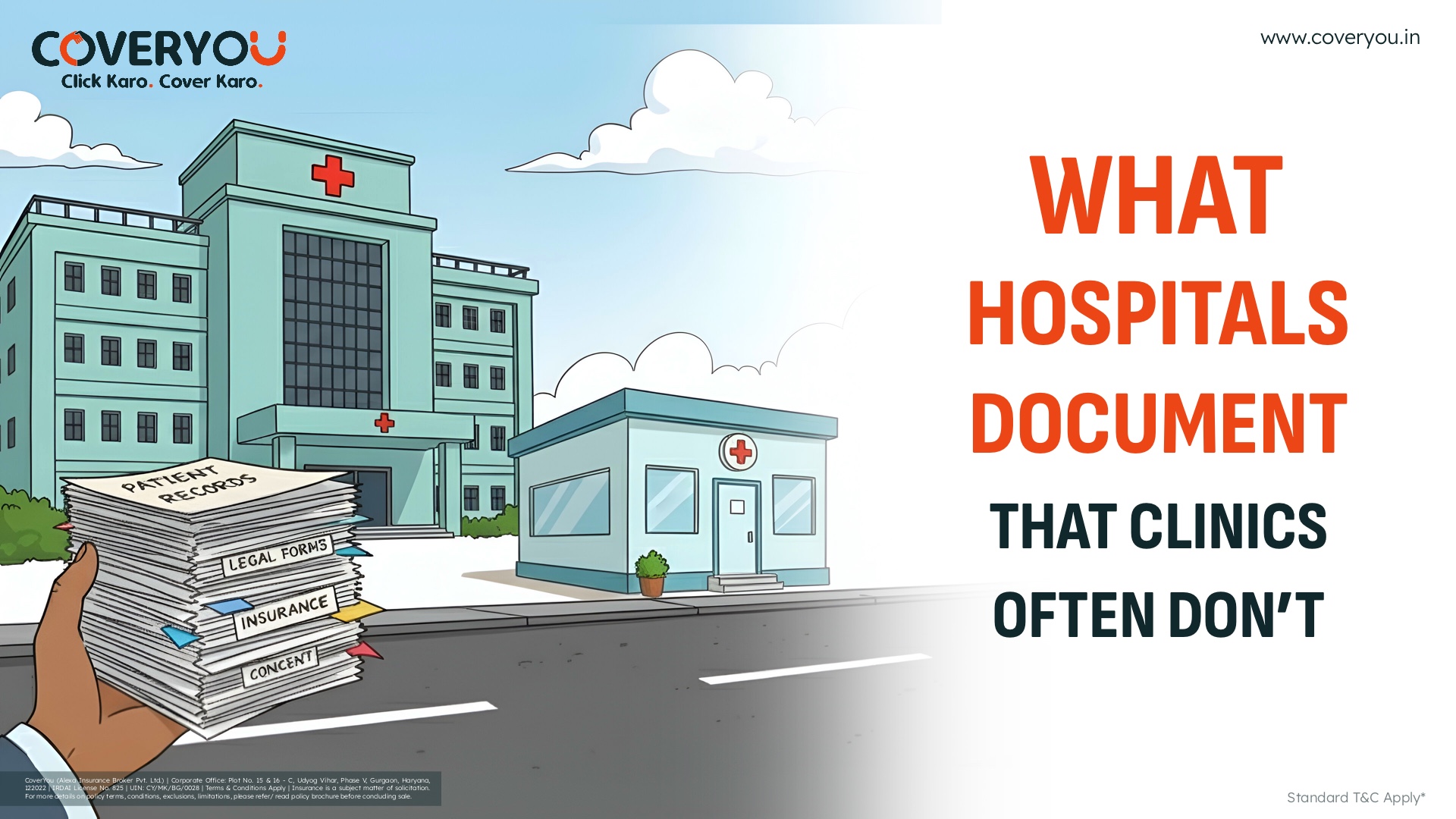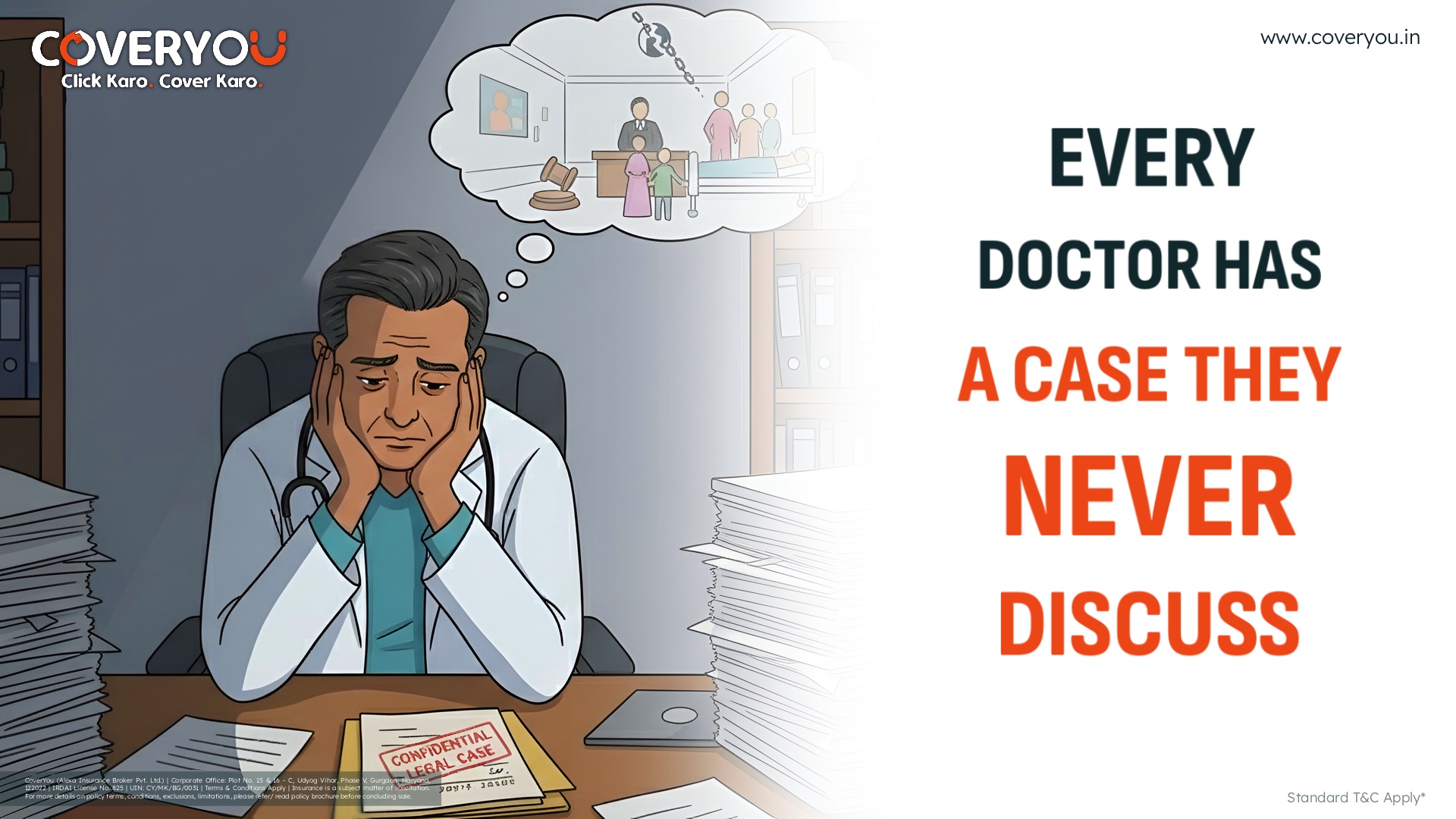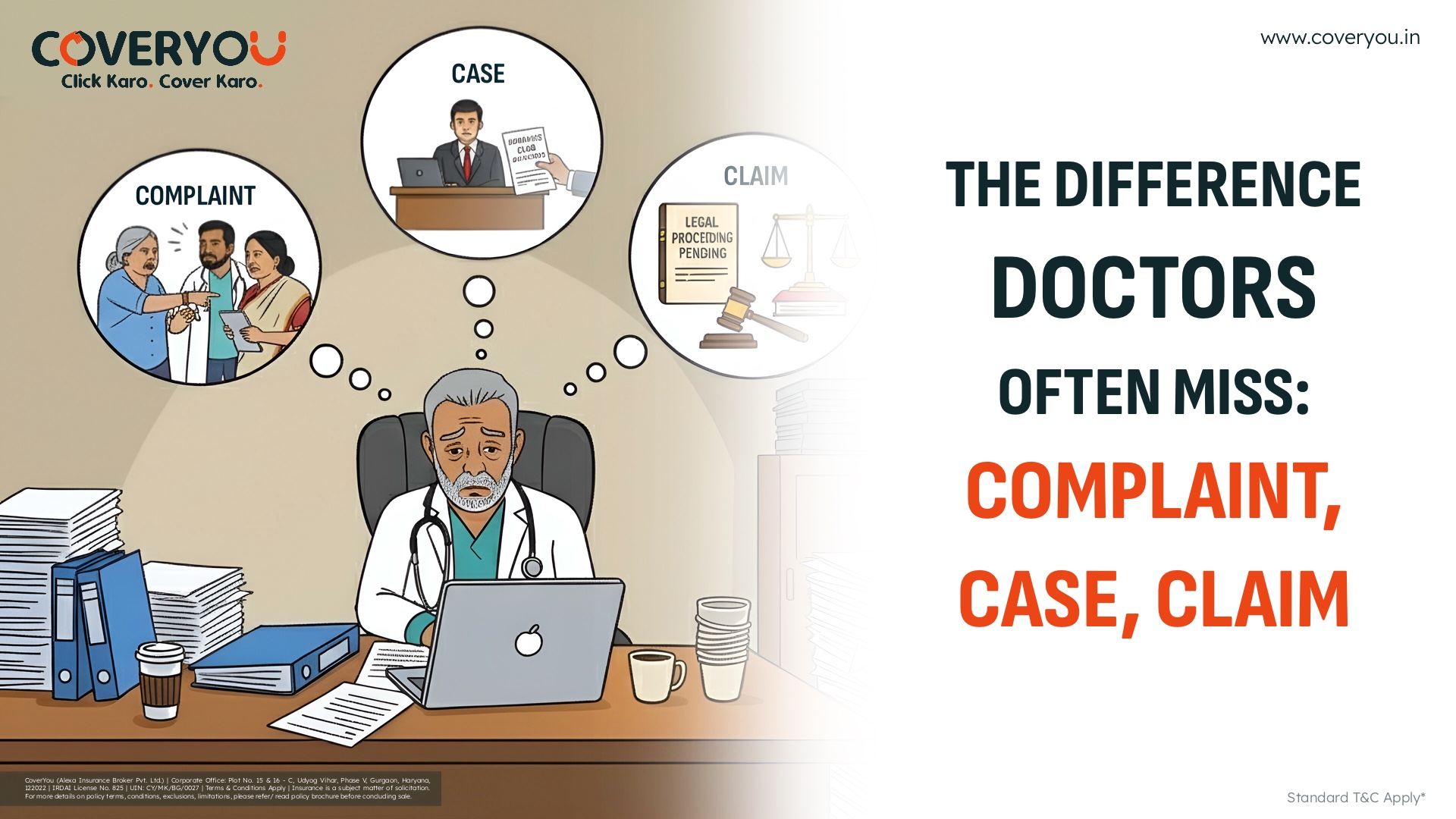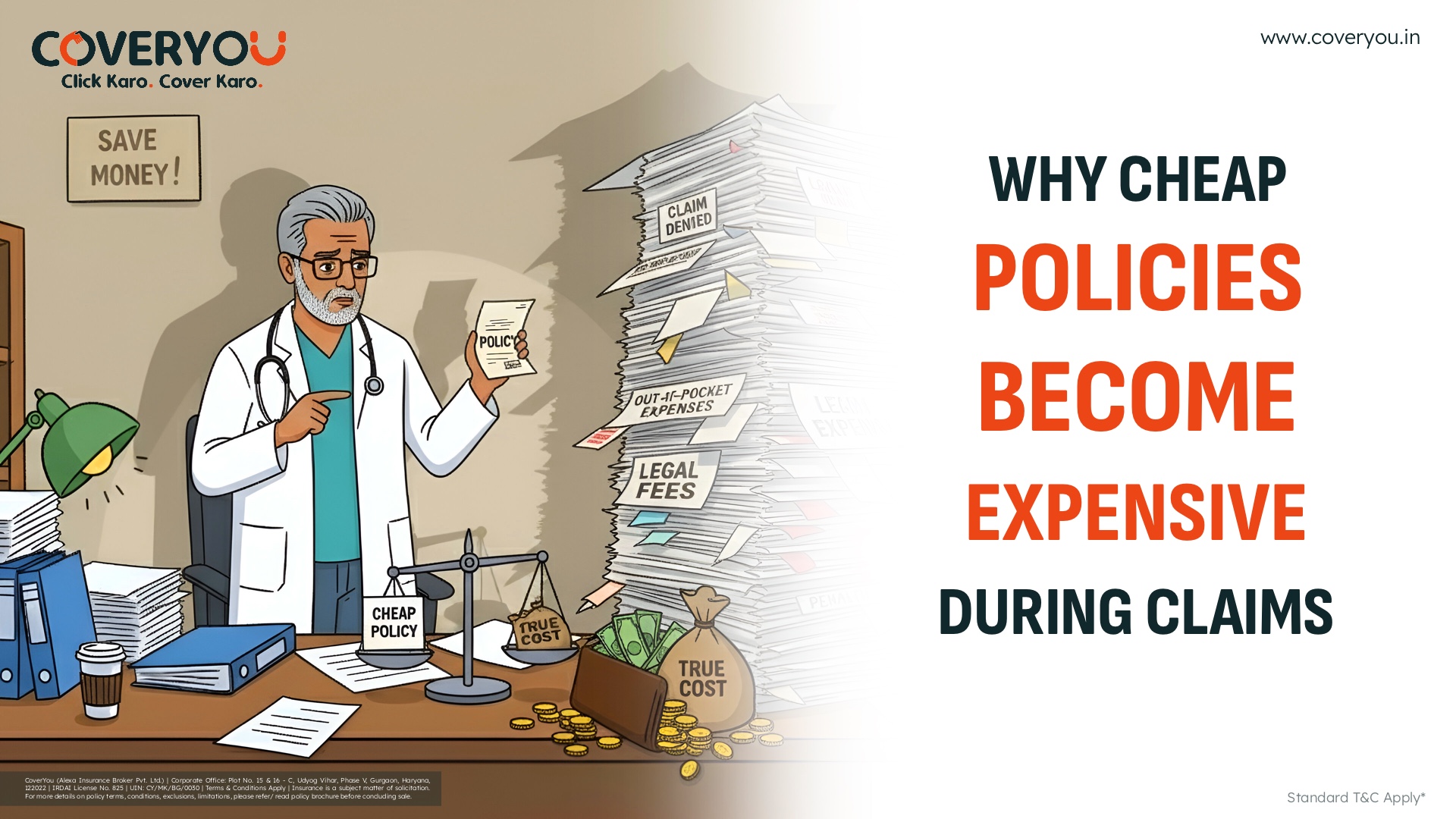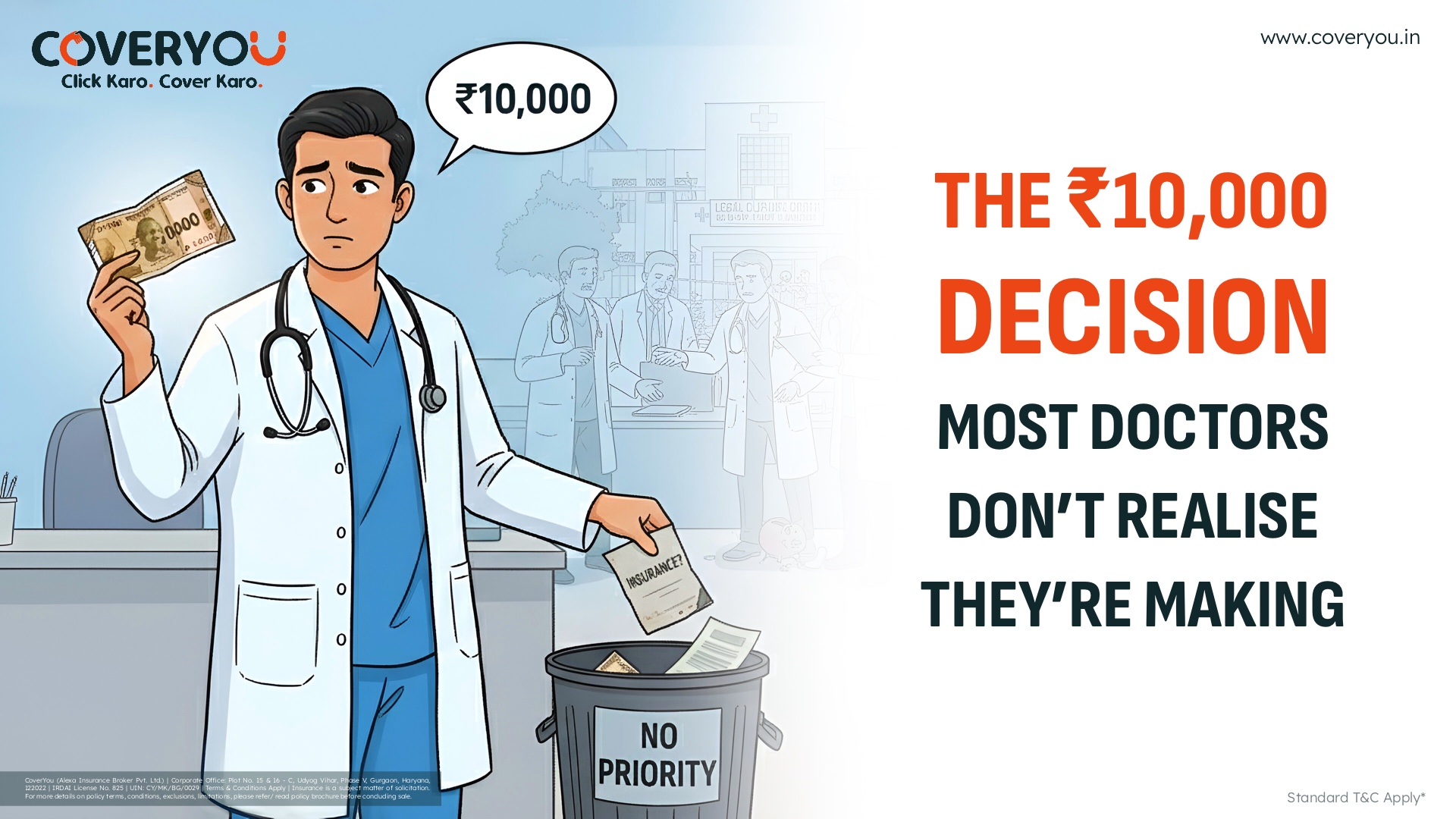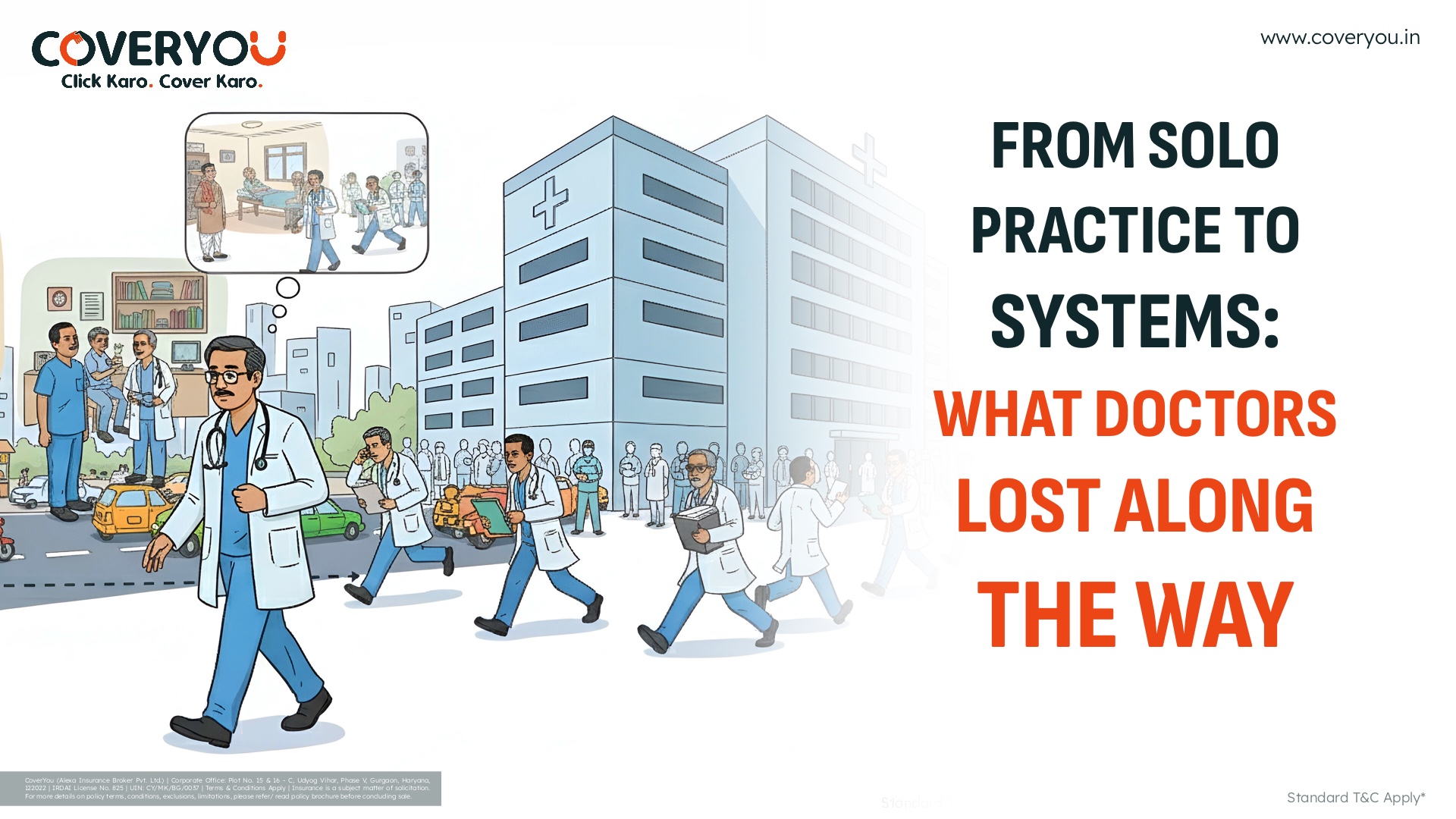Introduction
Medical professionals routinely encounter ethical dilemmas that challenge both their clinical judgment and personal morals. As doctors navigate the complexities of patient care, they must balance competing ethical principles while maintaining the highest standards of professionalism. In this blog, we critically analyze three prevalent ethical conflicts—balancing patient autonomy with medical judgment, maintaining confidentiality amid a duty to warn, and ensuring equity in resource allocation. By examining these challenges in depth, we aim to shed light on strategies that empower healthcare providers to make informed, compassionate, and ethically sound decisions.
1. Balancing Patient Autonomy and Medical Judgment
The Ethical Conflict
Patient autonomy, the right of individuals to make informed decisions about their own healthcare, is a cornerstone of modern medicine. However, this principle can sometimes conflict with a doctor’s professional judgment. For example, patients may choose treatment options that deviate from medical recommendations, potentially compromising their health outcomes.
- Informed Consent and Communication: At the heart of this dilemma is the need for clear and honest communication. Doctors must ensure that patients fully understand their diagnosis, treatment options, risks, and benefits. This process of informed consent is essential not only for respecting autonomy but also for building trust.
- Shared Decision-Making: Integrating the patient’s values and preferences with clinical evidence can lead to better outcomes. Shared decision-making models promote a partnership between the patient and the doctor, ensuring that decisions are both ethically justified and patient-centered.
- Navigating Conflicts: When patients opt for treatments that conflict with the doctor’s recommendations, the challenge lies in respecting their autonomy while advocating for what is medically sound. This requires a delicate balance, often involving multiple discussions and, in some cases, ethical consultations.
Strategies for Resolution
- Enhanced Communication: Regularly update and educate patients using understandable language, avoiding medical jargon.
- Empathy and Respect: Acknowledge patients’ fears and hopes, fostering an environment where their values are respected.
- Ethical Training: Continuous professional development in medical ethics can equip doctors with tools to manage these conflicts more effectively.
2. Confidentiality vs. Duty to Warn
The Ethical Conflict
Patient confidentiality is a fundamental element of the therapeutic relationship. However, situations can arise where maintaining confidentiality may conflict with the duty to warn or protect others from potential harm. For instance, if a patient poses a threat to themselves or to others, the physician may be ethically—and legally—obligated to breach confidentiality.
- The Sanctity of Confidentiality: Confidentiality underpins patient trust, ensuring that individuals feel safe sharing sensitive information. Breaching this trust can have significant repercussions, both for the patient and the healthcare provider.
- Legal and Ethical Imperatives: Certain jurisdictions have legal precedents that mandate disclosure in cases where there is a clear and imminent risk of harm. Balancing these legal duties with ethical considerations requires a nuanced understanding of both the law and the ethical frameworks that guide medical practice.
- Decision-Making Frameworks: Ethical guidelines often emphasize a case-by-case approach. Physicians must weigh the potential benefits of maintaining confidentiality against the risks posed by nondisclosure, ensuring that any breach is both necessary and proportionate.
Strategies for Resolution
- Consultation and Collaboration: When faced with such dilemmas, seek guidance from ethics committees or legal advisors to navigate the conflict effectively.
- Clear Protocols: Develop and adhere to well-defined protocols that outline when and how confidentiality may be ethically and legally breached.
- Documentation: Meticulously document decision-making processes and consultations to ensure transparency and accountability.
3. Resource Allocation and Equity
The Ethical Conflict
The allocation of limited medical resources, such as ICU beds, organ transplants, or even everyday treatments, presents a significant ethical challenge. Doctors are often forced to make decisions about who receives certain treatments, raising questions of fairness and equity.
- Principles of Justice: At the core of resource allocation is the ethical principle of justice, which demands fair distribution based on need, prognosis, and other relevant factors. However, determining these criteria can be complex and controversial.
- Transparency and Accountability: Ethical resource allocation requires clear, transparent criteria to avoid bias and ensure that decisions are made in the best interest of all patients.
- Systemic Pressures: Healthcare systems are frequently under pressure due to budget constraints, staffing shortages, or unexpected crises. These external factors can exacerbate the difficulty of making equitable decisions, further complicating the ethical landscape.
Strategies for Resolution
- Establish Ethical Frameworks: Develop and implement guidelines that incorporate ethical principles like fairness, equity, and need. These frameworks should be consistently applied across the board.
- Interdisciplinary Decision-Making: Involve a diverse team of healthcare professionals, ethicists, and, when appropriate, patient advocates to ensure a balanced perspective.
- Continuous Review: Regularly review and update resource allocation policies to adapt to evolving circumstances and to integrate lessons learned from past experiences.
Conclusion
Navigating ethical dilemmas in medicine demands a careful balance of empathy, professional judgment, and adherence to ethical standards. Whether it is reconciling patient autonomy with medical expertise, safeguarding confidentiality while addressing a duty to warn, or distributing limited resources equitably, the challenges are multifaceted and require ongoing reflection and adaptation. Continuous ethics training, coupled with robust decision-making frameworks, can empower doctors to make informed and compassionate choices, ultimately leading to improved patient care and a more just healthcare system.
Embracing these strategies not only enhances the quality of medical care but also fortifies the trust that is essential to the doctor-patient relationship. In a field as dynamic and demanding as medicine, ethical clarity is as critical as clinical expertise.

